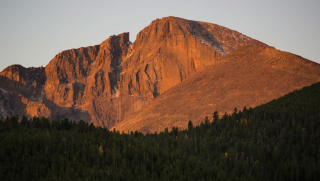Beginners Guide to Manual Mode
Learn how to take control of your camera settings in manual mode in order to balance light in difficult lighting situations.
Class Preview
Learn how to take control of your camera settings in manual mode in order to balance light in difficult lighting situations.
Shutter & Aperture
What is the shutter and what speed should I shoot with? How will it impact the lighting in my image? Are there specific situations for specific shutter speeds? These are all questions we will tackle in this session. The aperture you use can have huge impacts on the way your outdoor scene looks. You can adjust the aperture to achieve proper range of focus and light. This session will explain how you can do just that.
ISO
Your ISO is a third way that you can use to balance light in your camera. However, your ISO needs to be thought of differently than your aperture and shutter. In this session, you’ll learn how to use your ISO effectively.
Balancing Settings
In this session, you’ll learn different ways you can balance your shutter, aperture, and ISO to create great photos. You’ll also learn about the importance of workflows for your settings and how to decide which setting to use first.
Metering
When projects call for adjustable shelves a hand-held drill, self-centering bit and boring jig provide a great solution, if the jig is useHow do you know if your light is balanced properly? This session will teach you how to use metering to know just that. You’ll also learn an easy solution to shoot large landscape scenes and why you should even care to use manual mode.d correctly. You’ll see how to consistently register the jig on your case parts. Cabinets glued together out of square will forever be out of square. You’ll see George’s secret for letting the clamps do the squaring work for you, which greatly simplifies assembly.
Meet Your Expert
Learn more about David Johnston.
User Reviews
Be the first to review “Beginners Guide to Manual Mode”
You must be logged in to post a review.








There are no reviews yet.